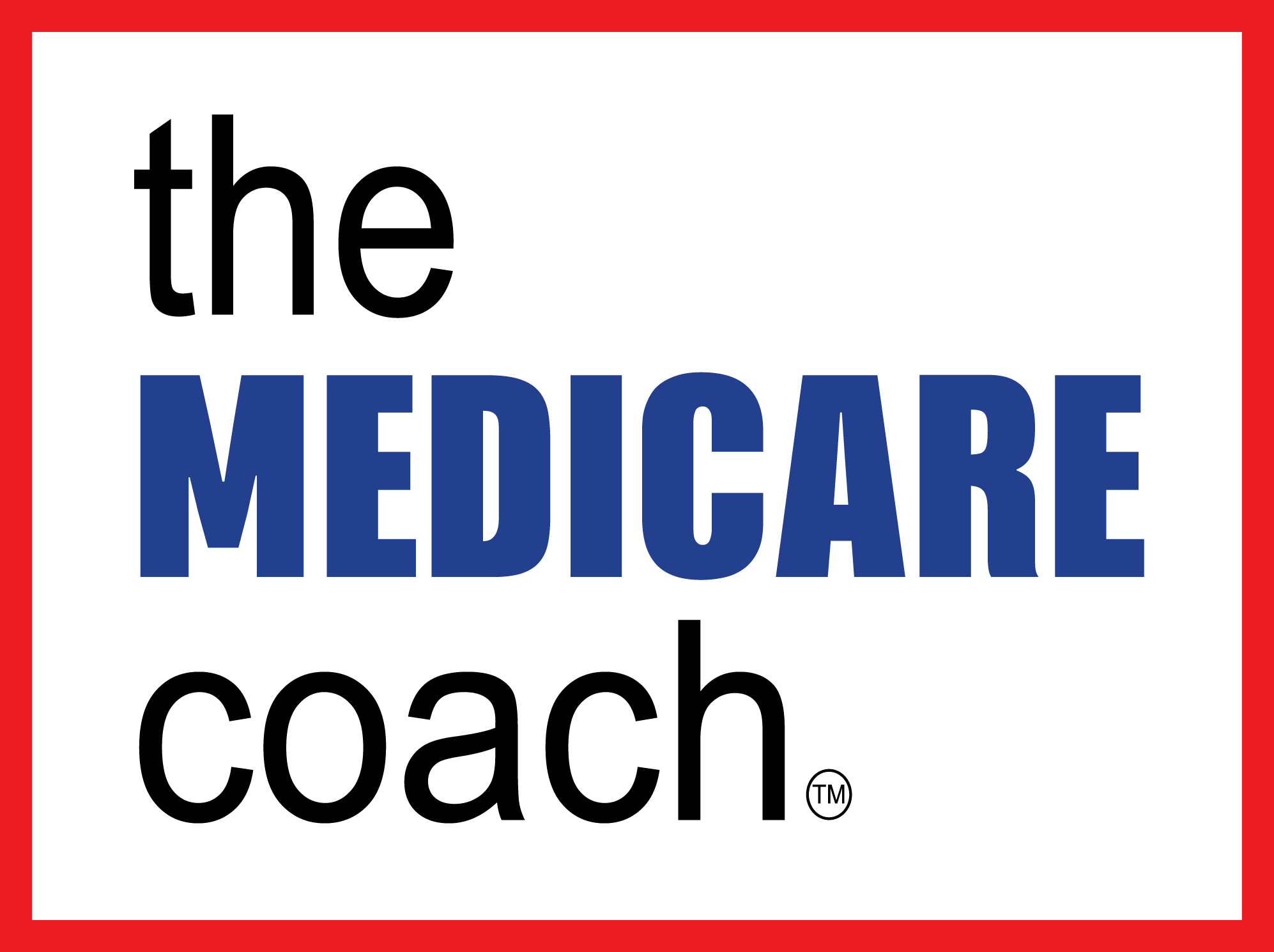What you need to know:
During a recent visit to my physician assistant, she handed me a flyer from the Centers For Disease Control Prevention and suggested that I do a blog on the importance of letting others know why they should pay serious attention to the warnings and dangers of the streptococcus pneumonia bacteria. Here are the highlights from the Vaccine Information statement from the Department of Health and Human Services published on 10/6/2009.
Pneumococcal disease:
It is caused by streptococcus pneumoniae bacteria. Anyone can get it, but people age 65 years and older, the very young, and people with a weakened immune system are at greater risk than others. Pneumococcal disease can lead to serious infections of the lungs (pneumonia), blood(bacteremia), and covering of the brain(meningitis).
Pneumococcal disease kills about 1 out of 20 people who get it. Bacteremia kills about 1 person in 5, and meningitis about 3 people in 10.
Pneumoccoccal polysaccharide vaccine (PPSV):
Treatment of pneumococcal infections with penicillin and other drugs used to be effective. But some strains of the disease have become resistant to these drugs. This makes prevention of the disease, through vaccination, even more important.
Pneumococcal polysaccharide vaccine (PPSV) protects against 23 types of pneumococcal bacteria, including those most likely to cause serious disease. Most healthy adults who get the vaccine develop protection to most all these types within 2 to 3 weeks of getting the shot. Very old people, children under 2 years of age, and people with some long-term illnesses might not respond as well, or at all.
Who should get the PPSV vaccine?
- All adults 65 years of age and older.
- Anyone 2 through 64 years of age who has a long-term health problem such as:
- Heart disease,
- lung disease,
- sickle cell disease,
- diabetes
- alcoholism,
- cirrhosis, leaks of cerebrospinal fluid
- or cochlear implant.
- Anyone 2 through 64 years of age who has a disease or condition that lowers the body’s resistance to infection such as:
- Hodgkin’s disease
- lymphoma or leukemia
- kidney failure
- multiple myeloma
- nephrotic syndrome
- HIV infection or AIDS
- damaged spleen or no spleen
- organ transplant
- Anyone 2 through 64 years of age who is taking a drug or treatment that lowers the body’s resistance to infection such as:
- long-term steroids
- certain cancer drugs
- radiation therapy
- Any adult 19 through 64 years of age who:
- is a smoker
- has asthma
Note: Children who often get ear infections, sinus infections, or other upper respiratory diseases, but who are otherwise healthy, do not need to get PPSV because it is not effective against those conditions.
All the above information was reproduced from the PPSV Vaccine information statement from the Department of Health and Human Services Centers for Disease Control and Prevention.


